With more and more companies signing up to 'Net-Zero', we thought it might be good to explain what it means in practice.
The UN has asked the world to aim for net-zero emissions by 2050, which would help limit global temperature rise to 1.5 deg C above pre-industrial era levels, the level deemed 'safe' in the climate crisis.
Many companies have pledged to become net-zero by the middle of the century. This means that by 2050, the company has committed to reducing their carbon emissions to the lowest amount possible, and they will remove from the atmosphere whatever remaining carbon pollution they can not entirely eliminate. Other companies have signed up to become carbon neutral. This is similar to net-zero but does not include commitments to cut emissions first, relying more heavily on carbon removal.
This removal of the carbon they emit is known as carbon offsetting. Many have criticised the offsetting element of the schemes as it allows companies to 'burn now, pay later'. We'll have more on carbon offsetting in a future post.











-beige.png)













